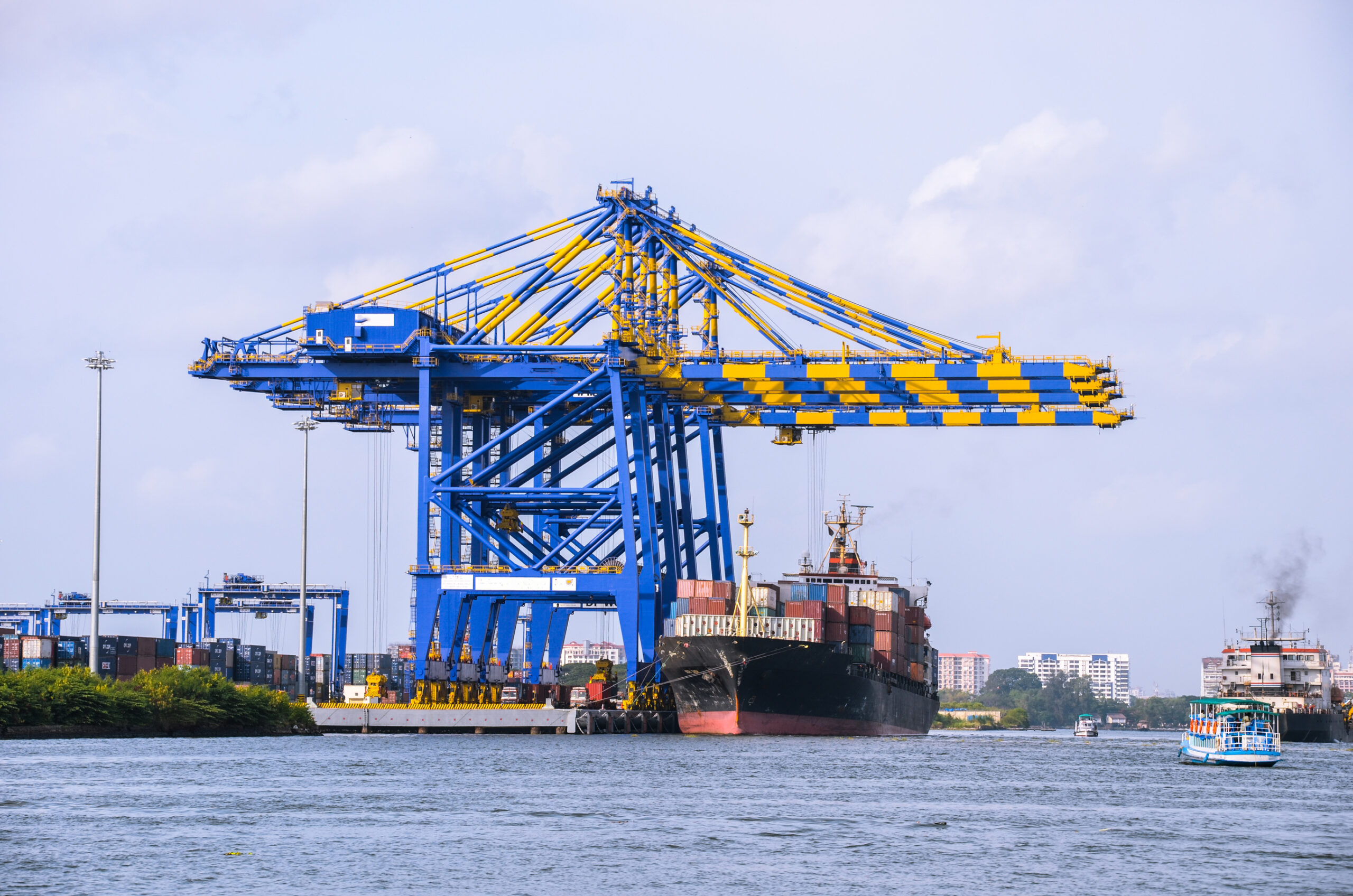A maritime investment event in London on Wednesday highlighted the massive potential for international investors to tap into the opportunities on offer in India’s maritime infrastructure on the back of fiscal incentives.
India makes a strong case for international maritime investors with 100% FDI allowed under the automatic route in shipping and shipbuilding, as well as financial incentives provided by the International Financial Services Centre (IFSC) at GIFT City, according to India’s secretary, ministry of ports, shipping and waterways, Shri T.K. Ramachandran.
A 10-year tax holiday, zero GST on ship imports, and no withholding tax on maritime transactions are some of the main benefits.
The secretary spoke at the “India Maritime Investment Meet”at India House in London. He laid out India’s strategic priorities in the maritime domain and underlined the nation’s intent to emerge as a global maritime powerhouse.
Highlighting the strong macroeconomic fundamentals, the secretary noted that India has become the fourth-largest economy, having surpassed $4 trillion, and is witnessing a rapid surge in foreign investments.
Ramachandran outlined India’s efforts to modernise its port ecosystem through Public-Private Partnerships, with the current cargo handling capacity of 2,760 MTPA targeted to expand to 3,500 MTPA by 2030 and 10,000 MTPA by 2047.
Reaffirming India’s commitment to sustainability, Shri Ramachandran stated that green shipping, shipbuilding, and recycling are central pillars of the national maritime strategy.
The development of three Green Hydrogen Hub Ports at Deendayal, Chidambarnar, and Paradip, along with the implementation of the Green Tug Transition Programme, were cited as important milestones in India’s decarbonisation efforts.
On the digital front, the secretary spoke about initiatives such as the Maritime Single Window, One Nation-One Port Process (ONOP), and MAITRI (Virtual Trade Corridor for IMEEC countries), aimed at streamlining logistics and reducing transaction costs through end-to-end digital integration.
Ramachandran noted that India’s shipbuilding rank has improved from 23rd to 16th globally, and that ongoing reforms including the Maritime Development Fund and dedicated shipbuilding clusters are attracting interest from global industry leaders for capacity expansion in Indian shipyards.
Global stakeholders expressed keen interest in India’s liberalised ship flagging regime, the tonnage tax structure, and blended financing models under the Maritime Development Fund, all of which were seen as progressive steps to de-risk capital and crowd-in private investment.



